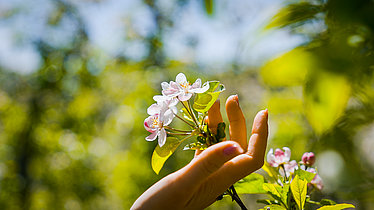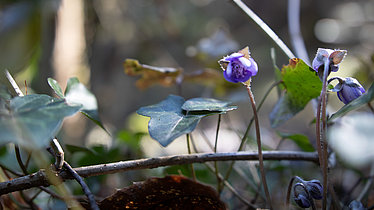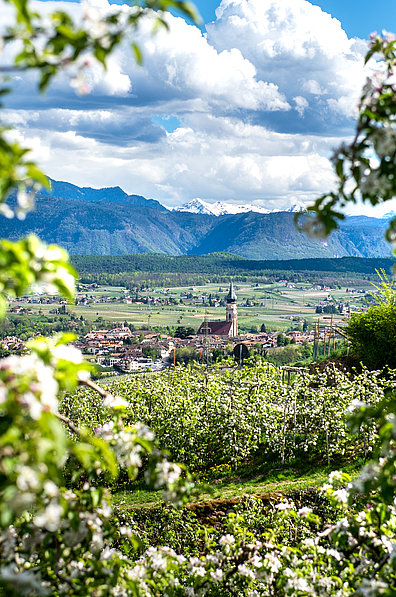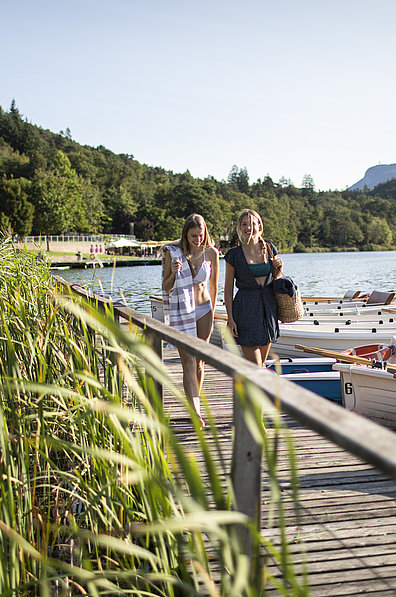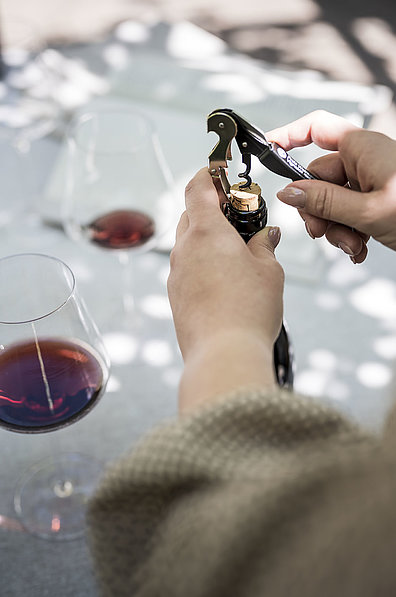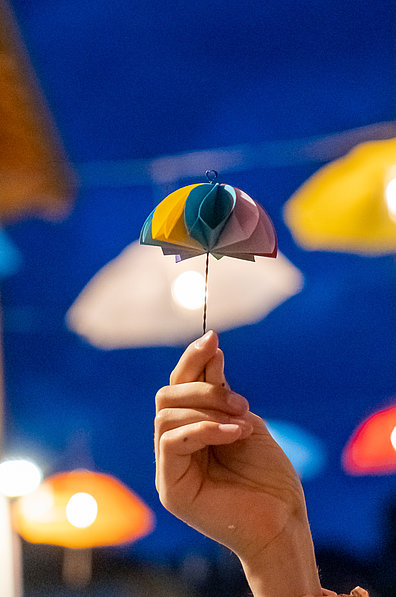Hauptmenü
Eppan
-
Eppan
- Eppan on the wine route
- Eppan live
- Eppan lives sustainability
Hauptmenü
Experience
-
Experience
- Weekly program
- Hiking
- Biking
- Sports & leisure
- Castles in Eppan
- Lakes & nature
Hauptmenü
Accommondations
-
Accommondations
- Search & book accommodations
Hauptmenü
Wine & Pleasure
-
Wine & Pleasure
- Wine & pleasure
Hauptmenü
Events
-
Events
- Events in Eppan
Hauptmenü
Contact & Info
-
Contact & Info
- Information
- Home.
- Mindful in Eppan.
- Mindful in nature
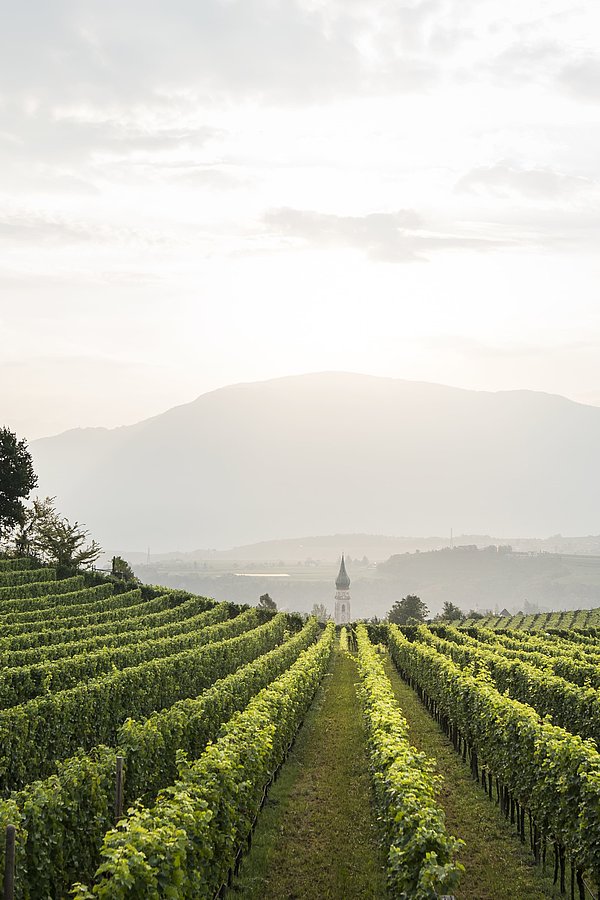
Mindful...
... in nature
Our natural environment is a precious treasure – full of life, beauty and diversity. It is a place of peace and regeneration, where we can find calm, recharge our energy and awaken our senses to the wonders of the natural world. But because nature is so fragile and sensitive, it calls for our mindfulness and respect.
Being mindful in nature means consciously perceiving our surroundings, respecting the diverse habitats of plants and animals, and not seeing nature as an unlimited resource, but as a living network that we must protect and preserve. It also means taking responsibility – for the places we enter and for the relationship between humans and nature.
Those who move mindfully through nature show consideration for the needs of wildlife and plants, avoid disturbing habitats and leave no traces that might spoil the beauty of the landscape. At the same time, we preserve the unique experience of enjoying nature in its most untouched and original form – for ourselves and for future generations.
Below are some simple but important behaviours that help protect our valuable natural heritage:
- Respect farmers’ property: Do not enter vineyards, orchards or meadows without permission. Do not pick fruits yourself – instead, buy them at farmers’ markets or local farm shops. This supports regional agriculture and helps avoid conflicts.
- Respect protected and sensitive areas: Avoid entering nature reserves, wildlife refuges or other sensitive ecosystems, to protect plants and animals.
- Stay on marked trails: These paths are carefully planned to protect nature and avoid damage to delicate habitats. Avoid shortcuts or creating your own paths.
- Keep dogs on a leash: Unleashed dogs can scare or harm wildlife. During breeding and nesting seasons, this is especially important to avoid disturbance.
- Do not disturb or pick plants or animals: Many plants are vital food sources for bees, insects and wildlife. Animals also need undisturbed space. Help protect these delicate ecosystems and conserve protected plant species.
- Take your waste with you: Never leave trash in nature. Plastic, glass and other litter not only look unpleasant, but can also be dangerous to animals and plants.
- Use sanitary facilities properly: If no toilets are available, choose a spot away from water sources and agricultural land, and cover or bury your waste. Use toilet paper that is biodegradable.
- Avoid noise and let nature speak: Nature includes silence – give yourself and the wildlife the gift of peace and quiet.
- Use resources responsibly: Avoid polluting or overusing water sources, reduce single-use plastics, and choose sustainable products whenever possible.
